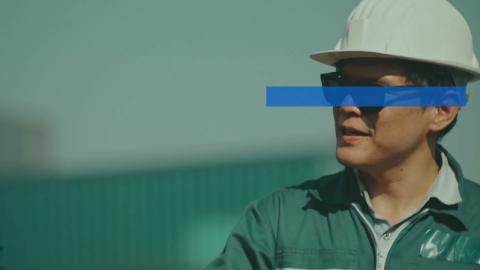More from UN DESA
New training toolkit to support public servants in SDG delivery

Public servants play a key role in our global efforts to achieve the Sustainable Development Goals (SDGs). They provide health care, education, water and sanitation and other key services to our societies. The COVID-19 pandemic has made the crucial and life-sustaining role public servants play even more visible. Without them the SDGs cannot be achieved.
But many public servants lack the sufficient resources to be trained on the goals. To remedy the situation, UN DESA has launched a Curriculum on Governance for the SDGs that promotes critical understanding of sustainable development issues, enhances governance capacity, and strengthens public servants' awareness of their active role in contributing to SDG implementation.
The Curriculum is a set of Training of Trainers Toolkits, which contain ready-to-use and customizable training material on key governance measures needed to make the SDGs a reality. It provides methodologies and approaches to advance knowledge and assist governments in developing capacities to drive the transformational change needed.
The Curriculum consists of several Toolkits on key topics such as changing mindsets in public institutions to implement the 2030 Agenda; transparency, accountability and ethics in public institutions; effective national to local public governance for SDG implementation; government innovation for social inclusion of vulnerable groups and risk-informed governance and innovative technologies for disaster risk reduction and resilience.
The Curriculum was designed and produced through the active engagement of governments and schools of public administration. Experts from across UN DESA Divisions and Offices have also contributed. The Toolkits are intended to be used in interactive, results-oriented and engaging training courses. They can be used for a five-day face-to-face training workshop or selected modules can be used for shorter trainings. Modules from various toolkits can be combined based on a country's needs.
The Curriculum is available free of charge at the UN Public Administration Network (UNPAN) website.
 Welcome to the United Nations
Welcome to the United Nations